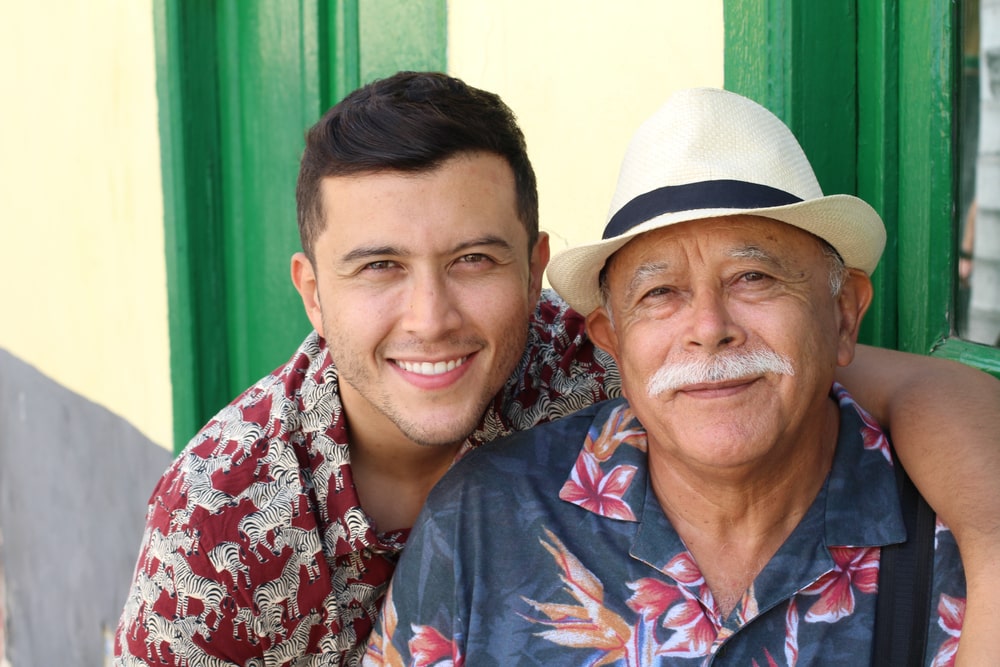The Silent Echoes of the Past
For many in the Latino community, the weight of the past is a silent companion. It’s not just about personal experiences but also the hardships and struggles that have been passed down from generation to generation.
These aren’t just stories or history lessons; they are deep-seated emotional scars that continue to influence how people feel, think, and interact with the world today. Recognizing and healing from these generational wounds is not only important but essential for finding peace and building a brighter future.
Understanding Generational Trauma
Generational trauma in the Latino community can be traced back to colonialism, civil wars, economic hardships, and migration. These historical adversities have left deep emotional scars, passed down through stories, behaviors, and even in the silence between words.
The Impact on Mental Health
Studies show that the Latino community faces significant mental health disparities. According to the American Psychiatric Association, Latinos are less likely to access mental health care due to language barriers, cultural stigma, and a lack of culturally competent providers.
Moreover, the Substance Abuse and Mental Health Services Administration (SAMHSA) reports that only 10% of Latinos with symptoms of a psychological disorder talk to a doctor about their concerns, and just 5% contact a mental health specialist.
Cultural Stigma and Silence
Cultural stigma around mental health often discourages open discussions about emotional well-being in the Latino community.
A Pew Research Center study found that 1 in 5 Latinos report experiencing discrimination, which can exacerbate feelings of isolation and hinder seeking help for mental health issues.
Breaking the Cycle: Strategies for Healing
- Encouraging Open Dialogue: Promoting conversations within families about their histories and struggles can illuminate the roots of generational trauma and foster a healing environment.
- Seeking Family Therapy: Family therapy that is sensitive to cultural and linguistic needs can be invaluable in collectively addressing and healing generational trauma.
- Leveraging Community Support: Community centers and support groups that cater to Latinos can provide a sense of belonging and understanding, which is crucial for healing.
- Investing in Individual Therapy: Personal therapy sessions, especially with therapists who specialize in cultural trauma, can help individuals navigate their own experiences and find personalized coping strategies.
The Power of Resilience and Hope
Despite the challenges, the Latino community’s resilience is profound. The National Alliance on Mental Illness (NAMI) emphasizes the importance of community, family, and cultural identity in building resilience and overcoming trauma. Drawing on these strengths, individuals, and families can pave the way for healing and growth.
Creating a New Legacy of Wellness
The journey to overcoming generational trauma is not just about healing the wounds of the past but about creating a legacy of wellness and resilience for future generations.
This transformative process involves redefining personal and collective identities, embracing cultural heritage, and fostering environments that prioritize emotional well-being.
A Collective Path Forward with Sandoval Therapy
At Sandoval Therapy, you’re not just choosing a therapy practice; you’re choosing a deeply personal understanding of the Latino struggle.
Founded and led by Alejandro Sandoval, a Latino therapist who has lived through the unique challenges faced by its community, our practice offers more than just therapy. Alejandro brings a rare and invaluable perspective to each session, combining professional expertise with personal experience.
This unique blend ensures that you speak to someone who truly gets it when you talk about the struggles of navigating two cultures, the silent weight of generational trauma, or the pressure of living up to familial expectations. At Sandoval Therapy, your story is not only heard but deeply understood—a place where healing begins with empathy and cultural insight.

